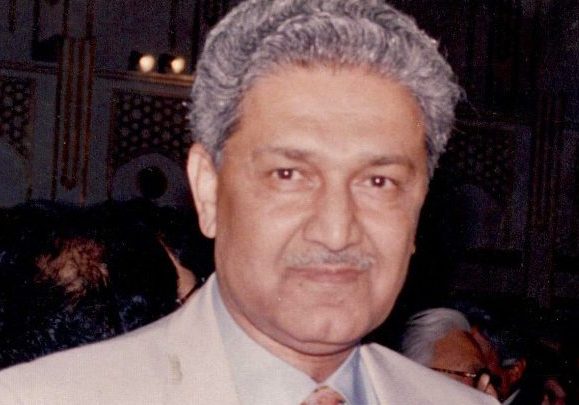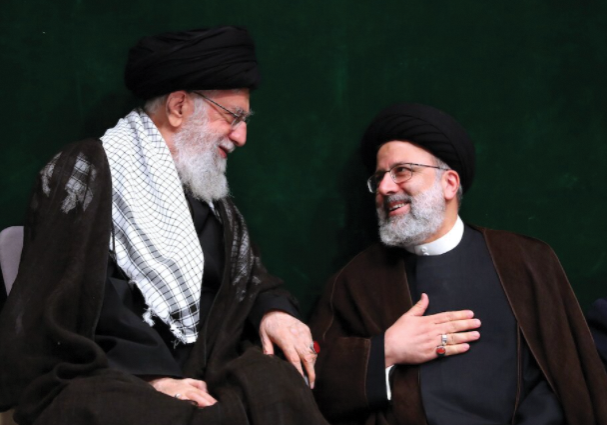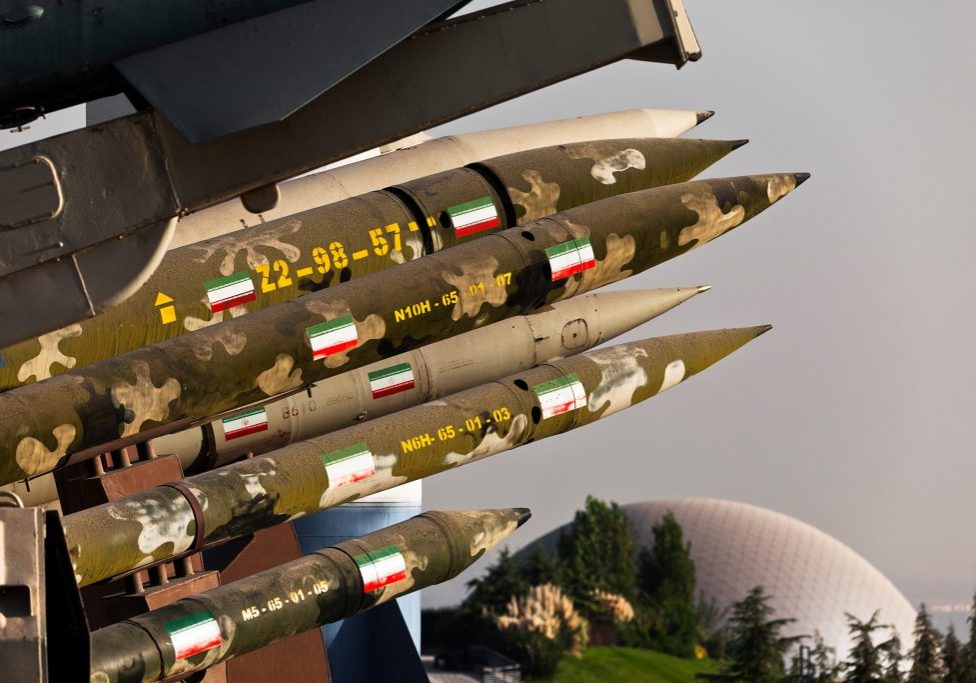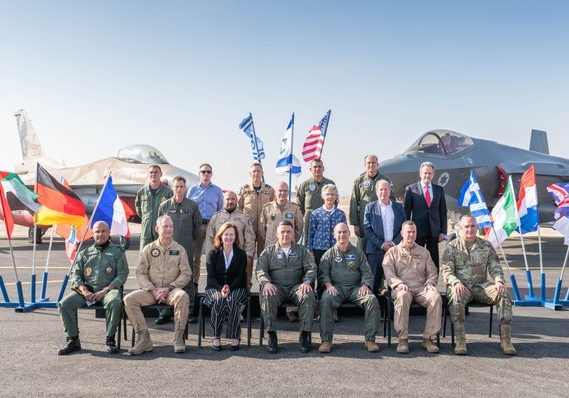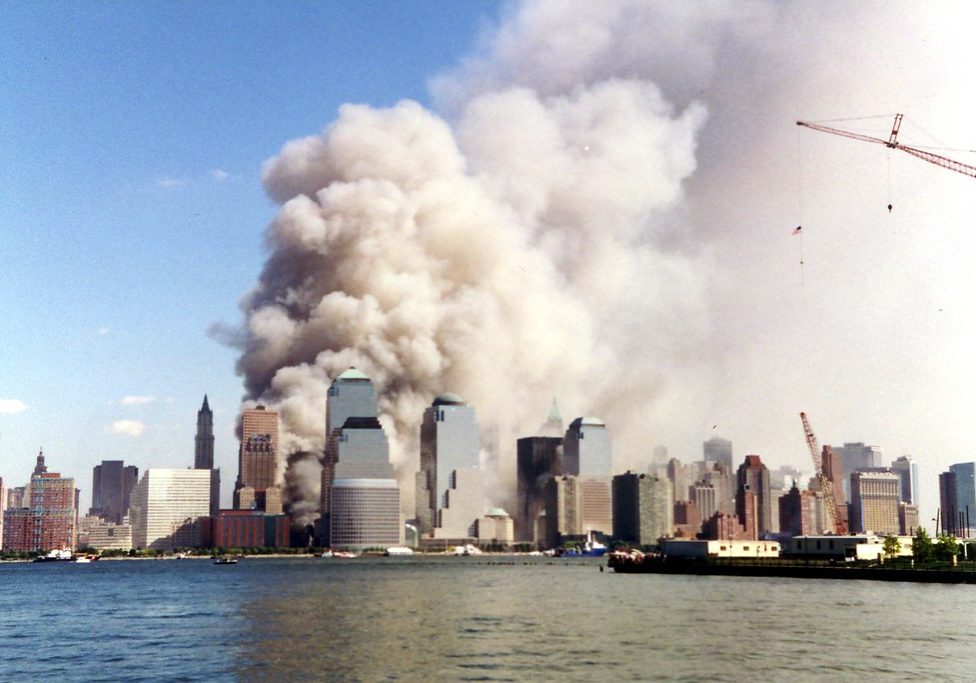Australia/Israel Review
Time for Plan B on Iran’s Nukes
Oct 31, 2014 | Dennis Ross
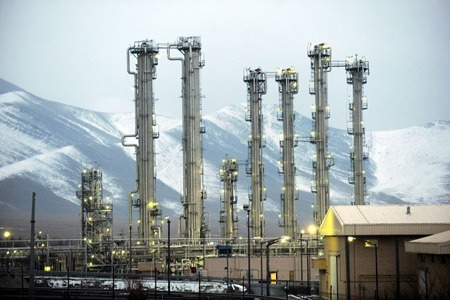
Dennis Ross
It is no accident that hardly anyone involved in the Iranian nuclear negotiations has expressed optimism about meeting the November 24 deadline for a comprehensive agreement. The Iranian and US governments are continuing to meet regularly but there are few signs of meaningful progress.
Indeed, the essence of the deal that has always made most sense – a rollback of the Iranian nuclear program in return for a rollback of sanctions – seems increasingly beyond reach. Instead, the Iranians have been insisting on a rollback of the sanctions in return only for limited transparency on their industrial-size nuclear program. But Washington has insisted for a long time that, given Iran’s past violations of the Nuclear Nonproliferation Treaty (NPT), limited transparency won’t be enough.
So a comprehensive deal by November 24 appears the least probable of the outcomes likely to emerge over the next month.
BREAKDOWN AND CRISIS
One negotiator from the P5+1 (the five permanent members of the UN Security Council plus Germany) told me that he expects that if there is no agreement before the talks end, the Iranians will take the lid off their program and rapidly ramp up their uranium enrichment program. Teheran would resume enriching uranium at 20%, increase its use of next generation centrifuges, and expand its stockpiles of enriched material. This would shrink the so-called break-out time that Iran would require to produce weapons-grade enriched uranium and potentially hide it. And that, in turn, would mean that the United States could no longer be confident that it could prevent Iran from possessing nuclear weapons.
How would the United States respond? Its first step would almost certainly be to introduce more draconian sanctions against Teheran and mobilise international support for them. (The most important of these sanctions would be designed to greatly curtail Iran’s ability to export its oil.) Notwithstanding the new sanctions, the Israeli Government’s temptation to launch a military strike against the Iranian nuclear program would surely grow.
So, is this dangerous sequence of events likely to take place? It’s possible, but neither the P5+1 nor the Iranians are keen on escalation, so both sides are likely to look for a way out.
A PARTIAL DEAL
One possibility would be to agree to an extension of the negotiations under the current terms. The benefit of such an extension, for the West, is that it would keep the Iranian program contained, and the Islamic Republic would not move closer to break-out capability. For their part, the Iranians would receive additional economic relief, even though the basic structure of the sanctions regime would remain intact.
There are merits to this approach, but there are also reasons to doubt its practicality. It would essentially recognise a new status quo for Iran’s nuclear program, in which Iran is only two-or-three months away from being able to break-out to producing weapons-grade enriched uranium. Unless the current decline in the price of oil creates significant new pressures on Iran, it is hard to see why, in this case, the Iranians would be willing to make concessions on the scope of their enrichment program that they have rejected until now. Should the United States accept what might amount to a new status quo?
Ultimately, in the absence of a significant rollback of the Iranian nuclear program, the US Congress is unlikely to accept continued restraint. Indeed, should the November election produce a Republican majority in the Senate, new sanctions against Iran are likely if the current negotiations fail. US President Barack Obama would retain the ability to veto new sanctions legislation, but he would likely face enormous political pressure to sign it into law.
MUDDLING THROUGH
Another approach would be to respond to the upcoming negotiating deadline by muddling through and avoiding any formalised agreement or extension. There would be an implicit understanding that Iran would limit its program and that there would be no additional sanctions.
As with the extension option, the muddling through approach would be motivated by mutual concern that a breakdown of talks could lead to a crisis and an escalation that all sides seek to avoid. Mutual concerns about the threat posed by the Islamic State of Iraq and al-Sham (ISIS), could add to the incentive that both sides have to avoid confrontation. Muddling through, moreover, would have important political benefits. Under this option, neither side would have to defend an extension agreement, a possibility both have dismissed, and that important political constituencies oppose.
That said, in this instance, muddling through would be a particularly tricky political high-wire act, and there is no guarantee that both sides would be able to pull it off. The Iranian Revolutionary Guard Corps and other conservatives in Iran are unlikely to show restraint in the absence of an agreement. That will especially be the case if new sanctions are being promoted – which is highly likely if members of the US Congress see no explicit or formal commitment on Iran’s part to limit its program.
PLAN B
Given how little the Iranians have been willing to concede in the talks, it is quite possible that they have a Plan B that depends on circumventing the negotiations. For example, their strategy could be to concede nothing more in the talks, and if there is no agreement or extension, to continue to generally observe the outlines of the existing interim deal.
By keeping the lid on their nuclear program for now and declaring that Iran has no interest in acquiring a bomb, they could make an appeal for sympathy from the international community – a task that’s far easier with President Hassan Rouhani and Foreign Minister Javad Zarif at the helm of the Iranian Government – and eventually request an end to the sanctions regime. That is to say, it’s possible that Teheran has calculated that the sanctions regime will erode over time even in the absence of any concessions from Iran, provided it looks reasonable and Teheran asserts that it has no interest in acquiring nuclear weapons.
With that in mind, it makes sense that even as Iran has offered little flexibility in the negotiations, Zarif has been active in public diplomacy, suggesting at every opportunity that Iran has been very forthcoming in the talks – and declaring that Teheran is prepared to limit the size of its program to its current levels for the duration of any mutually agreed-upon comprehensive deal.
Although Iran may well have a Plan B of this sort, there is scant evidence that the P5+1 has one of its own. Indeed, even as the Iranians talk of their flexibility in the negotiations, the P5+1 has tended to reveal very few details about its own approach, in hopes of not complicating progress toward an agreement.
That has left the group at a distinct disadvantage, by leaving the international community – and the Iranian public – with the impression that Teheran has been the more conciliatory side. But that is demonstrably untrue.
The P5+1 has shown remarkable flexibility during the talks, agreeing to allow Iran to avoid suspending uranium enrichment, despite UN Security Council resolutions mandating it do so; accepting that Iran should be treated like any other NPT signatory after the full implementation of the comprehensive agreement despite its past transgressions; acquiescing to Iran’s insistence that it not acknowledge that it pursued a nuclear weapons program; not including the Iranian ballistic missile program in the proposed comprehensive agreement; accepting Iranian arguments against converting its Arak facility to a light water reactor and shutting down the Fordow facility; and accommodating the Iranian insistence on not dismantling centrifuges (instead, they would perhaps reduce output, disconnect the pipes, and be flexible on how many centrifuges might ultimately still operate).
This record should be the foundation of the P5+1’s Plan B. The United States and its partners should now (or at least very soon) spell out how much they have offered the Iranians, and how the Iranians have rejected far-reaching terms that would have provided them what they say they want – civil nuclear power. By revealing all the offers that Iran has rejected, Washington would block Teheran’s potential Plan B, which relies on constructing a reasonable public image. By doing so, the P5+1 would also be signalling that the sanctions regime will remain in place, and even possibly expand, in the near future. Ironically, the West’s Plan B might make an agreement more likely by conveying to the Iranians that they have a lot to lose by failing to strike a deal. But even if there is no agreement, Washington could use it as leverage, internationally and domestically.
Ultimately, there appears to be little likelihood of a comprehensive deal at the present time. If that is the case, the P5+1 should be thinking carefully about what will happen after the November 24 deadline. It would be a big mistake to wait until November 25 before considering the likely alternatives.
Dennis Ross is the Counsellor and William Davidson Distinguished Fellow at The Washington Institute for Near East Policy. This article originally appeared on the Foreign Affairs website. © Washington Institute, reprinted by permission, all rights reserved.
Tags: International Security

